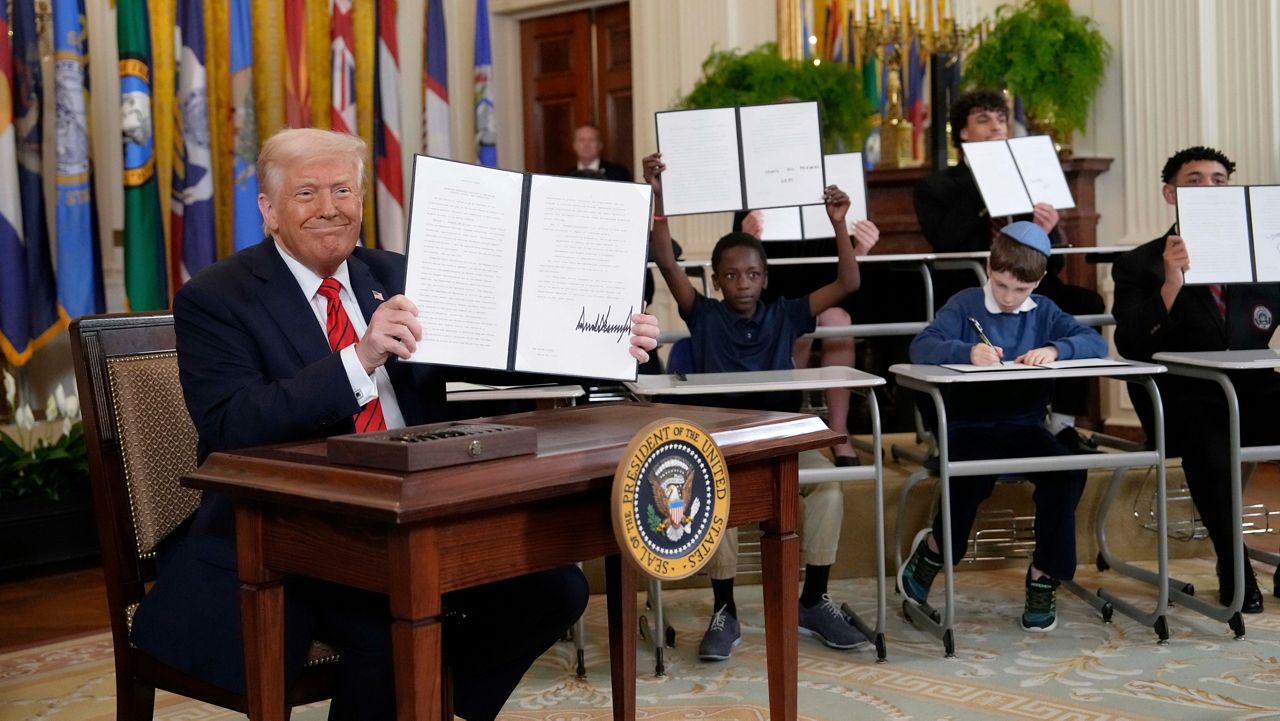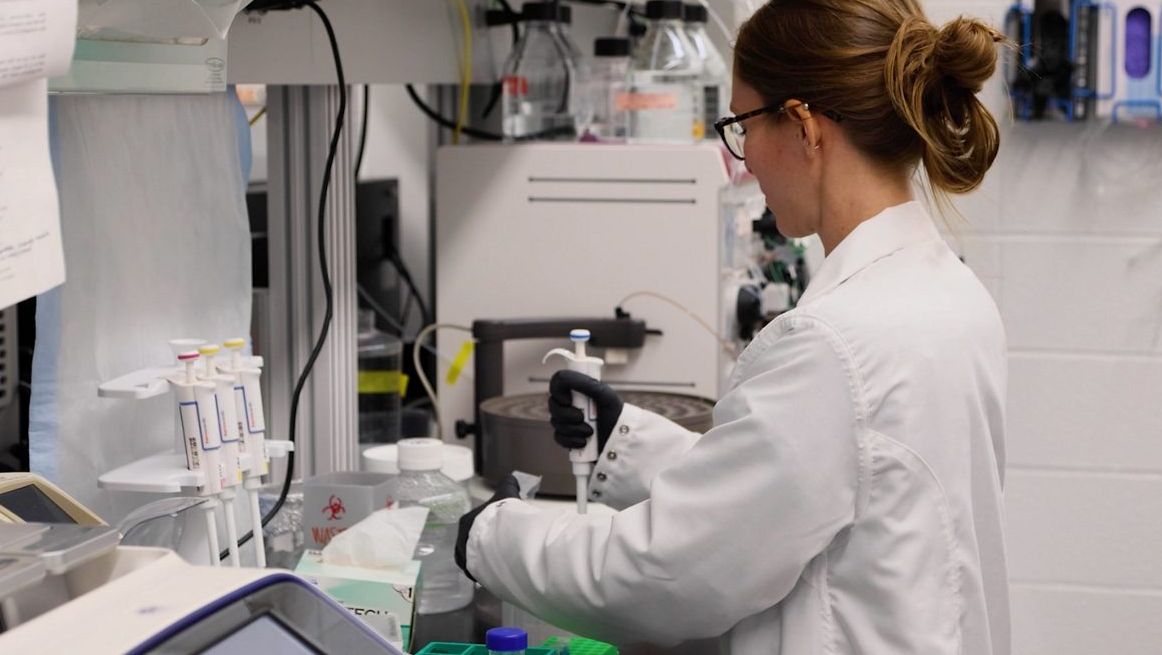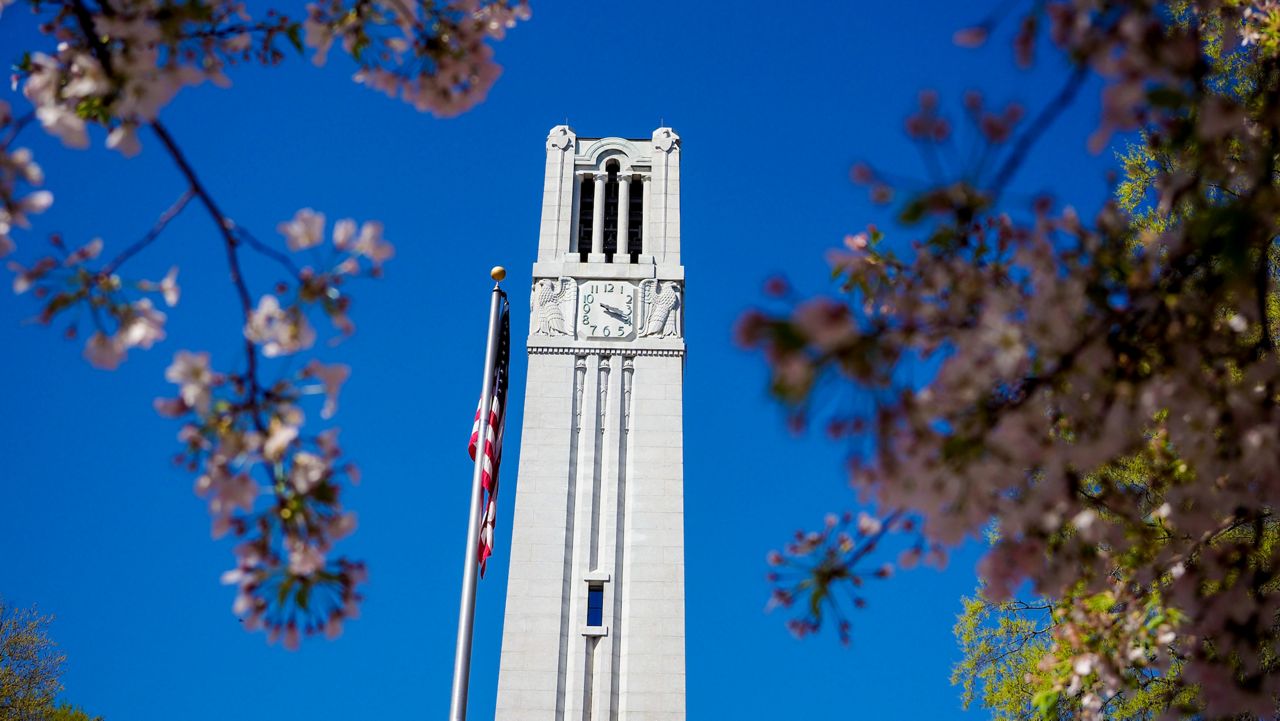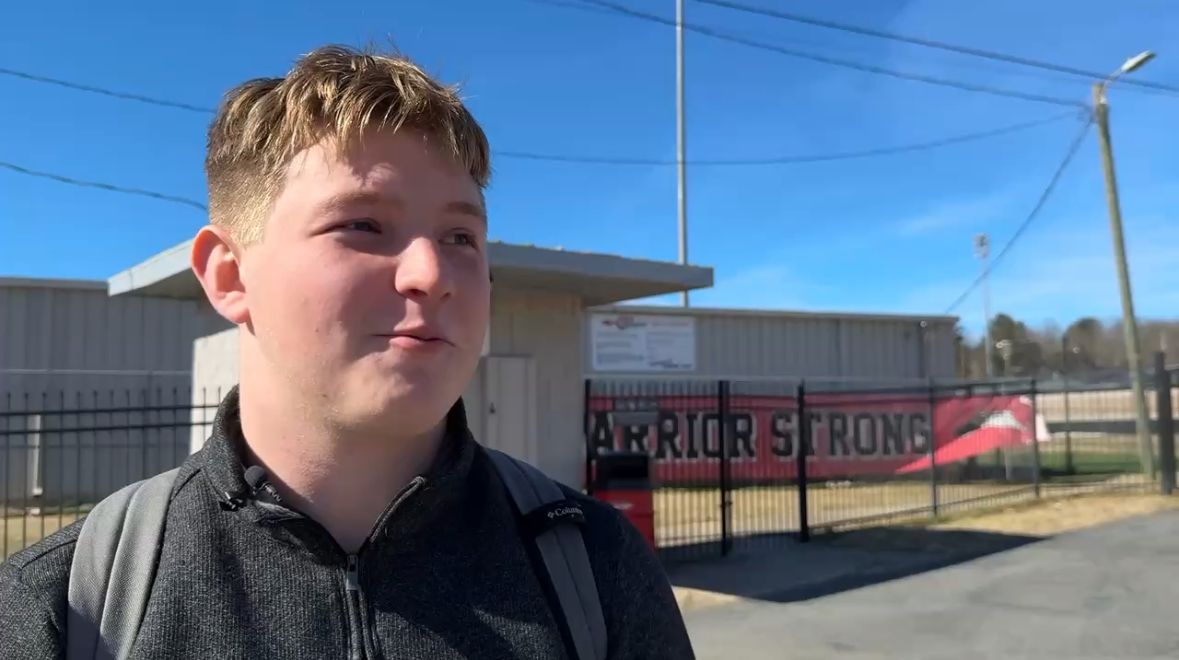DURHAM, N.C. — Brittany Del Rosario remembers noticing her skin color for the very first time. She was in elementary school, much like the third through fifth graders at this Durham summer camp.
An anti-racism summer camp run by the Durham nonprofit "We Are" has a mission to dismantle systemic racism through education and training
One hundred and twenty kids are enrolled in the camp in both Durham and Greensboro this summer
We Are founder, Rhonda Bullock, hopes to extend the camp across the state of North Carolina in the near future
Bullock said as far as she knows, theirs is the only camp like it in the country
“My mother is Puerto Rican, and she’s very light, and my dad is Cuban, and he’s very dark. I didn’t have a conversation of why do people look different. They just did and that was OK," Del Rosario said.
After eight years as a high school teacher, Del Rosario felt these conversations were essential both at home and in the classroom.
“I started changing some of the curriculum, started bringing in more short stories, as many novels I could bring in by Black and brown authors," she said.
That’s what motivated Del Rosario to join the Durham nonprofit "We Are," which has been running an anti-racism summer camp since 2016.
“Race and racism is so prevalent in our country right now. We want to make sure the kids feel seen, that [they] feel heard. That they know their skin color is not something to be feared. That they know that their skin color is to be embraced and loved," she said.
We Are founder, Rhonda Bullock, hopes to extend the camp across the state of North Carolina in the near future, and she said as far as she knows, this camp is the only one like it in the country.
The nonprofit's mission is to dismantle systemic racism, and she says kids play a crucial role. Aside from education and training, the group wants to disrupt the formation of bias beliefs and help kids develop healthy racial identities.
Activism is the final step, as Del Rosario and her team hope these kids will put all they've learned into practice.
“It’s not just a 'let’s learn the definitions,' it’s how can we be these people. How can we be an anti-racist person in the world," Del Rosario said.










